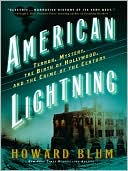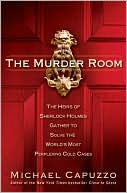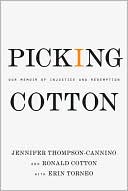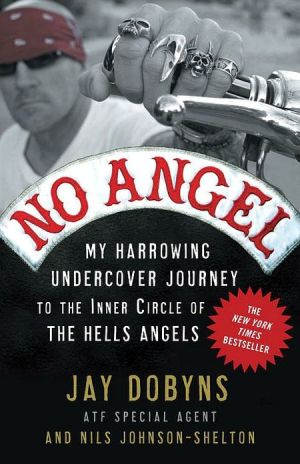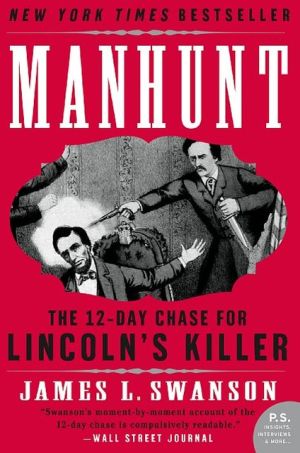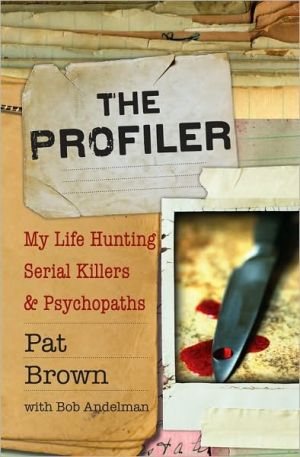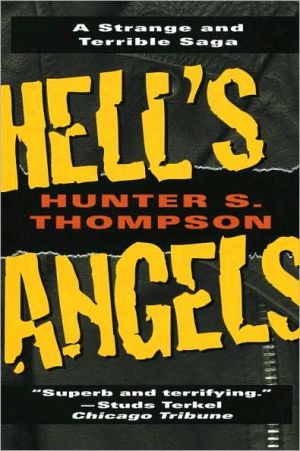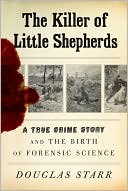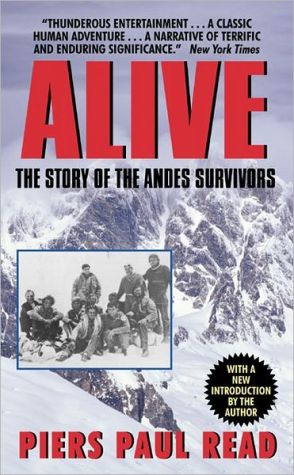American Lightning: Terror, Mystery, and the Birth of Hollywood
Search in google:
In this masterpiece of narrative history, acclaimed author Howard Blum evokes the original "crime of the century" and an aftermath even more dramatic than the crime itself–a seminal episode in America’s history that would spark national debate and draw into its orbit master sleuth William J. Burns, crusading lawyer Clarence Darrow, and industry-shaping filmmaker D. W. Griffith. "Hugely engaging . . . has tremendous verve . . . American Lightning throws valuable new light on an episode that seems, for us today, particularly pertinent. Terrorism happened here." –Los Angeles Times"A fast-moving, skillfully constructed account . . . Blum’s style is cinematic." –Chicago Sun-Times"Compelling . . . a tense detective story." –Seattle Times"A thumping-good drumroll of narrative history . . . the cross-country manhunt reads like a great mystery novel . . . Blum blows the dust off a page of America’s own incendiary past and brings it to pulsating life." –Dallas Morning News The Barnes & Noble Review The October 1910 bombing of the offices of the Los Angeles Times, which killed 21 people, seemed to portend that the vicious battle between capital and labor would escalate into the United States' second civil war. Howard Blum, bestselling author and contributing editor for Vanity Fair, examines the crime and its aftermath from the perspective of three legendary men of the period, each of whom would "permanently transform the nature of American thought, politics, celebrity, and culture." The first, detective William Burns, led a painstaking investigation that revealed a conspiracy by the Iron Workers Union to set off bombs around the country -- the Times was targeted for its fierce anti-labor campaign. The second, famed attorney Clarence Darrow, reluctantly agreed to represent the defendants despite his belief that an acquittal would be impossible; in the low point of a distinguished career, Darrow, seen passing money to an associate who then bribed a juror, was subsequently tried for jury tampering. The third, director D. W. Griffith, had no real connection to the case, but Blum argues that his epic Birth of a Nation was informed by the events in L.A. While he doesn't provide ample evidence for that assertion, Griffith's inclusion still seems somehow fitting: Blum's true-crime drama plays out like an old movie, complete with complex heroes, mustachioed villains, and lusty dames. It doesn't always read like history, but it is great fun nonetheless. --Barbara Spindel
